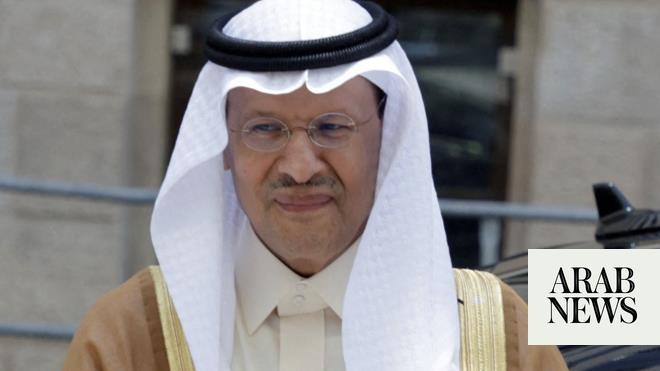
The world’s largest oil producers have agreed a historic deal to cut global oil production by almost 10% to protect the market against the impact of the coronavirus pandemic.
Members of the Opec oil cartel and its allies have agreed to withhold almost 10m barrels a day from next month after the outbreak of Covid-19 wiped out demand for fossil fuels and triggered a collapse in global oil prices.
The biggest oil production deal in history is double the size of the cuts agreed following the global financial crisis and marks a truce in the oil price war brewing between Saudi Arabia, Opec’s de facto leader, and Russia.
The alliance, known as Opec+, agreed to the production cuts after more than a week of tense talks between the world’s biggest oil-producing nations to shore up the battered global oil market.
Opec+ has also called in help from major oil producers outside the alliance – including Brazil, Canada, Norway and the US – which could double the size of the unprecedented deal to 20m barrels a day.
The planned cooperation agreement comes just weeks after Riyadh and Moscow vowed to pump record crude volumes, despite the economic slowdown triggered by Covid-19, in a bid to claim a bigger share of the market.
The oil price plunged to 18-year lows of less than $28 (£23) a barrel as fears of a global economic recession and severe restrictions on road transport and aviation caused oil demand to fall by an average of 27m barrels a day in April.
Donald Trump, the US president, tweeted his thanks to Russia’s Vladimir Putin and King Salman of Saudi Arabia for the “big oil deal”, which would save “hundreds of thousands of energy jobs in the United States”.
The US expects its oil production to fall this year because of a slump in the shale industry, which requires higher oil prices than many other oil-producing sectors do. Oil rigs have already begun to close in some landlocked areas of the US after market prices fell below the cost of transporting the barrels to buyers, cutting almost 1m barrels a day from US production.
Oil prices climbed to $31 a barrel in response to the deal, but industry experts have cast doubt over whether Opec+ alone can do enough to stem the oversupply of oil in the market, and have warned that the deal will emerge too late to buoy the global oil markets.
Per Magnus Nysveen of Rystad Energy, a Norwegian business analysis firm, said the deal “is at least a temporary relief for the energy industry and for the global economy” and that “the worst is for now avoided”. But he warned that the production cuts are smaller than what was needed by the market and only postpones the world’s growing oil oversupply problem.
Over the longer term, the deal may help the oil market to recover from the impact of the pandemic, which is expected to cause demand to fall by an average of 11m barrels of oil a day over the year as a whole.









